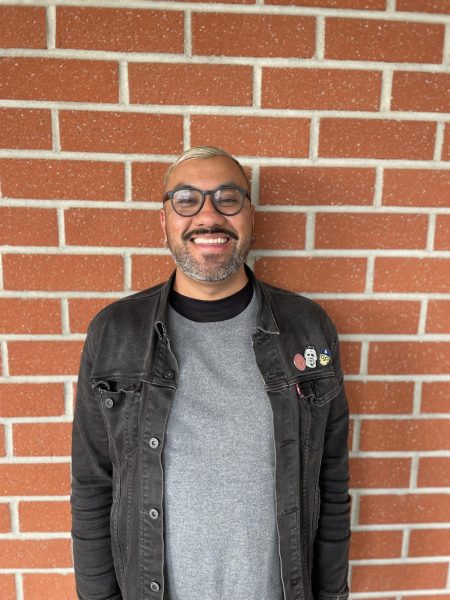Teenagers without a fully developed prefrontal cortex shouldn’t be able to take on thousands of dollars of student loans.
The last time I was in a college classroom was six years ago. At the start of my graduate program, I was one of the youngest members of the cohort at the age of 25.
Fast forward through a pandemic-induced midlife crisis mixed with an existential crisis, I once again find myself back in a college classroom.
Every time I raise my hand with a quickness that can be described as “It’s giving teacher’s pet vibes,” I conclude that post-high school education is wasted on teens.
Throughout my almost 34 years of life, I’ve been a student in three different stages of my life: As a teen, during my mid-20s and now in my mid-30s. Every new era of my education has been approached differently.
In my teen years, school was secondary to partying, music shows and drinking.
As a young adult in my mid-20s, my approach was led by a dreamer hoping to be the next Quentin Tarantino.
Now, as a 33-year-old with a beard almost full of white hairs of wisdom, my approach to education is focused with an undertone of eagerness.
During my first year of college as an 18-year-old, I was given the option of taking on an immense amount of debt. Coincidently, I entered college during a recession that was coined “The Great Recession,” because of the similarities to “The Great Depression.”
According to The Balance, in the fall of 2008, my freshman year at Cal Poly Pomona, the Dow Jones fell by 777.68 points. This decline resulted in the worst fall in history, rocking global markets at the time and marking the beginning of the Great Recession that would hurt the country nationwide.
The first year of my undergrad was paid in full by financial assistance from the state. When I returned the following fall, I had to take out loans to pay for college.
According to the National Institute of Mental Health, the brain is fully developed once a person enters their mid-20s. During a person’s teen years, the brain is fine tuning the prefrontal cortex, the area in charge of prioritizing. Teenagers make decisions based on peer relationships that typically lead to risky decisions based on social benefits.
This makes sense because when I decided to take on student debt, I wasn’t thinking of the education I was about to earn or the future career I was going to start. I was worried I would lose the social ground I gained in college.
I took on the debt without thinking of how I would pay for it. Instead, I was thinking of all the parties I wasn’t going to miss because I was able to pay for college.
As a result, I spent the second half of my undergrad trying to dig myself out of academic probation which almost got me kicked out of college after the first two years.
Rather than wasting my own time during my teen years of college, I could have focused on figuring out how I would pay for college. I could have explored the world and jobs to figure out what my career should be.
I allowed the banks to take advantage of a teenage boy without a fully developed prefrontal cortex to sign off on thousands of dollars in debt to major in theater.
After graduating from my undergrad, I started a career in education. I worked in the field for 10 years before I realized I hated it and started to focus on becoming a reporter. In class, I am approaching this new career with a tunnel vision that blocks out any kind of distractions.
Instead of getting home late into the night, stumbling to open the front door with my car key, I am tucked in bed by 10 pm, with all my assignments ready to be published.
I dare the banks to test me.
Come on, I dare you to offer me another ginormous loan to pay for my education.
Come at me, bro!
I have a fully developed prefrontal cortex and a white beard full of wisdom that I am not afraid to use that teenagers don’t.



